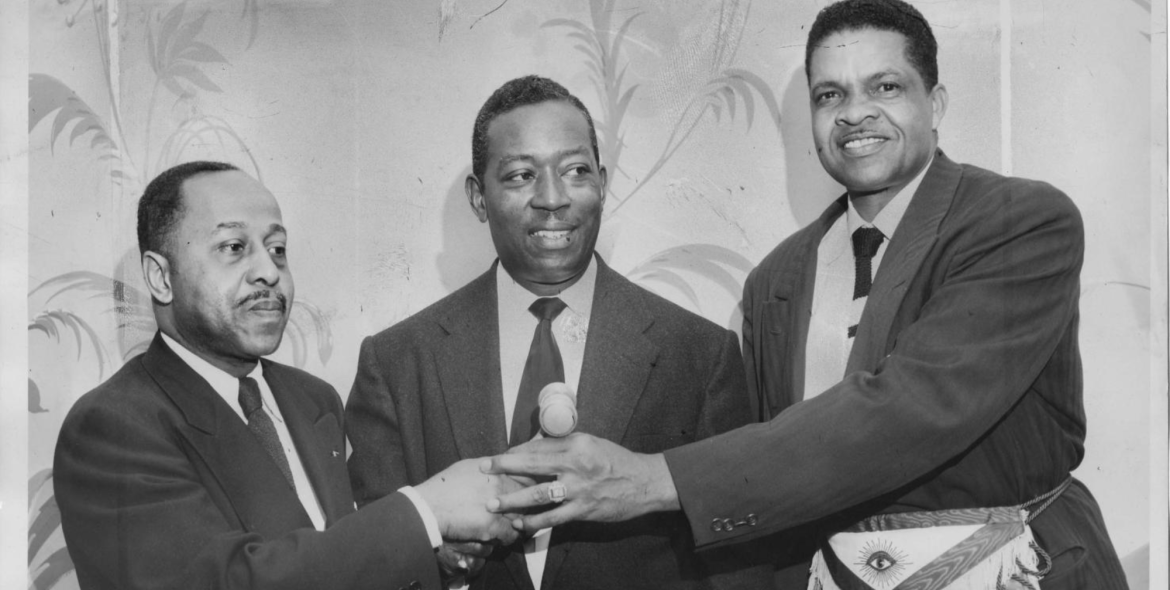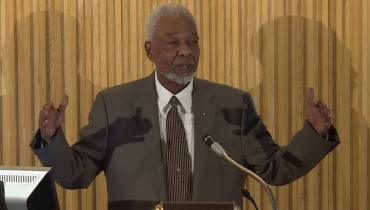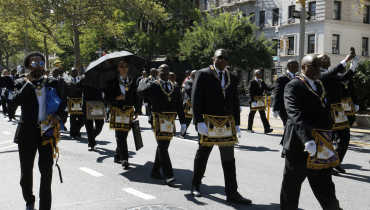
Africa has a proud and often overlooked legacy of influential Freemasons who helped shape the continent’s history. From independence movements to educational reform, African Freemasons have played pivotal roles in building nations and uplifting communities.
Freemasonry came to Africa through European lodges during colonial times, but it quickly became a platform for African leaders to gather, reflect, and organize. African Masons used the Lodge as a space for mentorship, strategic thinking, and ethical leadership.
Kwame Nkrumah (Ghana): The first President of Ghana and a leading figure in African liberation, Nkrumah was a Freemason who believed in unity, discipline, and moral leadership.
Jomo Kenyatta (Kenya): A founding father of Kenya, Kenyatta engaged with Masonic circles during his time in Europe and upheld values that resonate with Masonic teachings.
Nelson Mandela (South Africa): Though not officially confirmed as a Freemason, Mandela was closely associated with many who were. His values of brotherhood, forgiveness, and justice reflect Masonic ideals.


Freemasons in Africa have founded schools, hospitals, and charitable organizations. Lodges often serve as engines for civic engagement and moral dialogue, helping to address challenges in governance, health, and youth development.
African Freemasonry often blends traditional customs with Masonic rituals, creating a uniquely rich experience. Respect for elders, community, and spirituality harmonizes naturally with Masonic teachings.
Today, the Grand Lodge of Africa is at the forefront of reviving and modernizing the African Masonic experience. It provides a structured path for African men to grow intellectually, spiritually, and morally while honoring the contributions of the past.